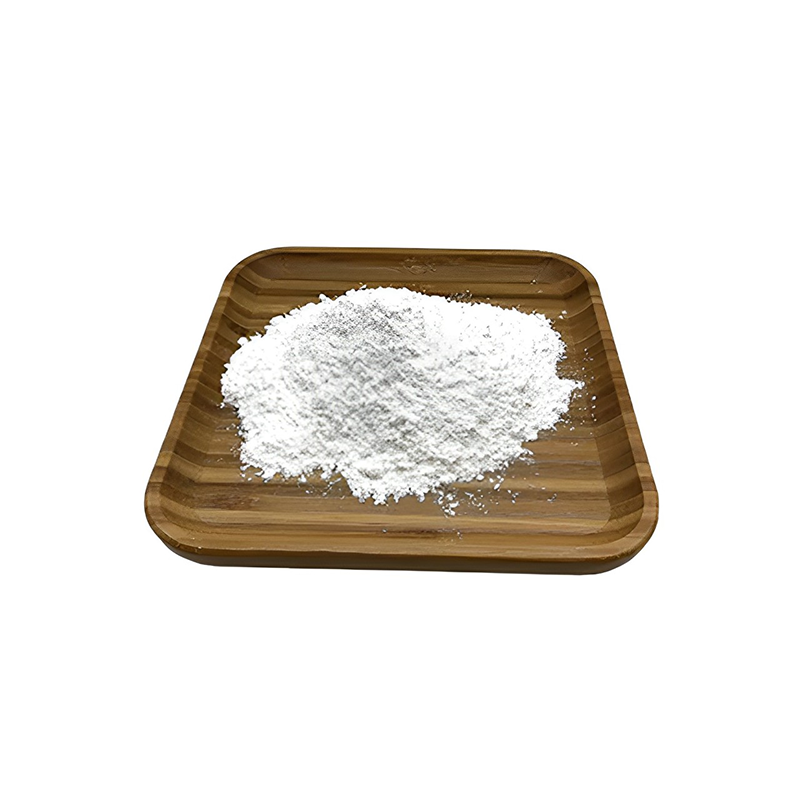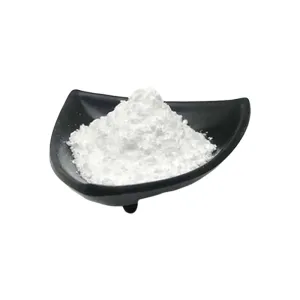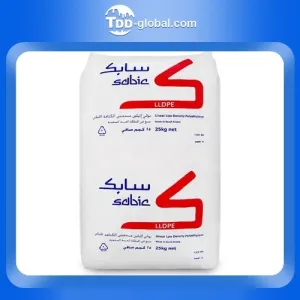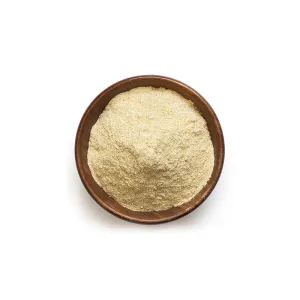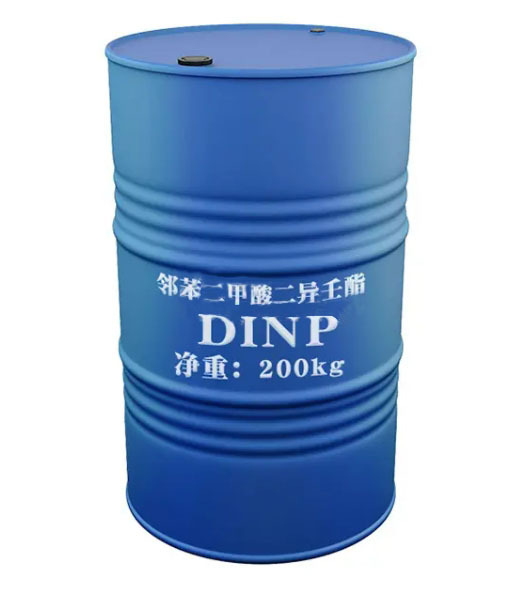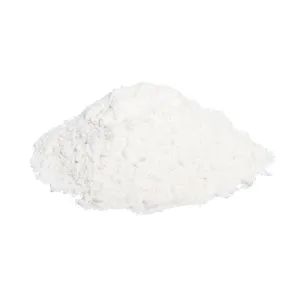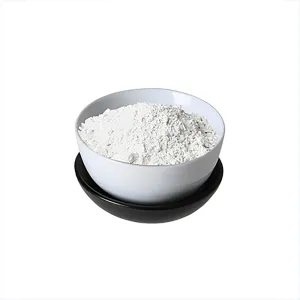Q
do electric vehicles have gears
I'm a seasoned industrial engineer with a keen interest in machine learning. Here to share insights on latest industry trends.
Titanium is considered highly biocompatible, making it safe for the human body. It is extensively used in medical implants, such as joint replacements and dental implants, because it can integrate well without causing significant adverse immune responses. A unique property of titanium is its ability to osseointegrate or bond closely with bone, which is crucial for the longevity of implants. Unlike some metals that may corrode or release harmful ions into the body, titanium is corrosion-resistant and does not easily wear, reducing the risk of metallosis (metal poisoning). However, in very rare instances, some individuals may exhibit allergic reactions to titanium, although this is exceptionally uncommon compared to other metals. Generally, due to its strength, durability, and compatibility with biological tissues, titanium is regarded as one of the safest materials for medical use within the body.
I'm a seasoned industrial engineer with a keen interest in machine learning. Here to share insights on latest industry trends.
While it's true that not all electric cars utilize a transmission. those that do often opt for a single-speed setup rather than the conventional multiple gears found in gasoline or diesel vehicles. This is due to the varying levels of motor power among different EV models. It should be noted. however. that the use and style of transmission can vary depending on the specific electric car. In recent years. some manufacturers have begun incorporating more traditional multi-speed transmissions into their EV designs in order to improve efficiency. performance. and range.
You May Like
Among the top polypropylene producers globally, leading companies include Sinopec Group, LyondellBasell, SABIC, PetroChina, and Braskem. Sinopec Group, a Chinese petroleum and chemical giant, holds one of the top spots due to its vast production capacity and extensive product range. Netherlands-based LyondellBasell is noted for its innovative polypropylene technologies and global reach. SABIC, headquartered in Saudi Arabia, stands out for integrating production processes from petrochemicals to polymers. PetroChina is another key player, leveraging China’s vast market and resources. Brazil’s Braskem leads in South America, emphasizing sustainable practices. These companies have distinguished themselves through technological innovations, market presence, and commitment to sustainability, addressing both commercial demands and environmental challenges.
Titanium alloys are engineered materials made by combining titanium with other chemical elements to enhance its properties, such as strength, corrosion resistance, and thermal stability. These alloys are categorized into grades based on their composition and mechanical properties. The presence of elements like aluminum, vanadium, iron, and molybdenum in varying amounts can significantly influence the alloy's characteristics, making it highly valuable across several industries, including aerospace, medical implants, automotive, and military applications. The primary appeal of titanium alloys lies in their exceptional strength-to-weight ratio, superior corrosion resistance, and ability to withstand extreme temperatures, which make them ideally suited for critical, high-performance applications. Their biocompatibility also makes them perfect for medical prosthetics and implants.
Polyvinyl Chloride (PVC) is a widely used thermoplastic that finds applications in an array of products from plumbing pipes to electrical cable insulation. The melting point of PVC is not a single point but a range due to its polymer structure and the presence of additives. Generally, PVC starts to soften at around 75°C (167°F) and melts between 100°C to 260°C (212°F to 500°F). This wide range is attributable to the formulation of the PVC in question, including the types and amounts of additives such as plasticizers, stabilizers, fillers, and processing aids used. For practical applications, it's crucial to understand the specific melting behavior of the PVC variant in use, as exceeding its thermal tolerance can lead to deformation, loss of mechanical strength, or even hazardous off-gassing. Proper thermal management is essential when welding or shaping PVC to maintain its integrity and safety.
You May Like
Q&A
- •what is warp yarn
- •does polypropylene card sleeves split
- •what is jute yarn
- •how to uninstall yarn on mac
- •biaxially oriented polypropylene meaning in hindi
Popular Information


